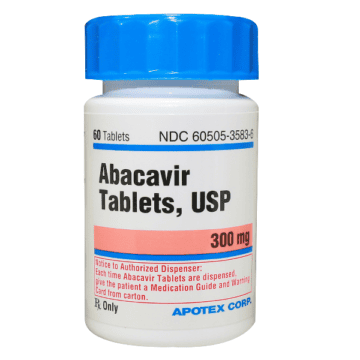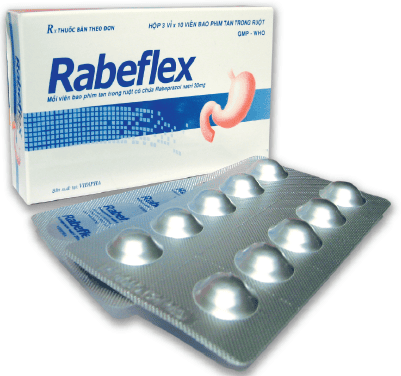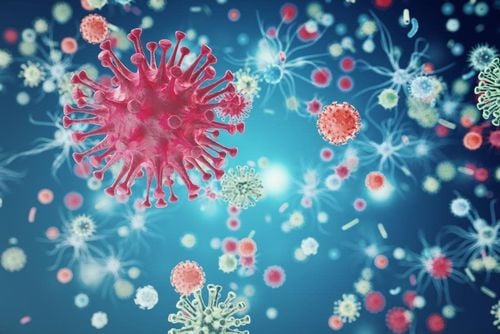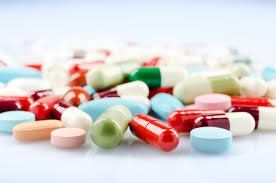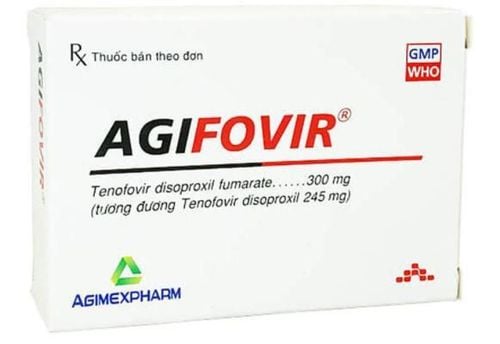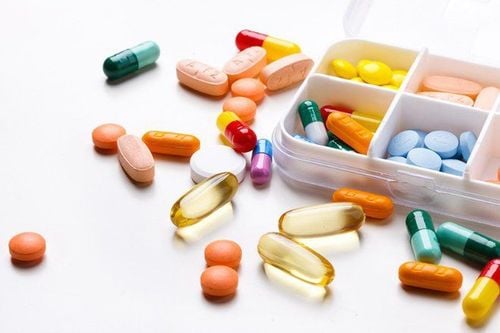This is an automatically translated article.
The article was professionally consulted by BSCKI Le Huu Dong - Head of Department of Medical Examination & Internal Medicine, Vinmec Nha Trang International General Hospital.HIV virus can be transmitted at any stage of infection and it gradually destroys the body's immune system. Therefore, prevention of HIV infection and early treatment are very important. At each stage, HIV has different disease manifestations, we need to learn to have timely treatment methods.
1. Acute stage
In the early stages of HIV, people may experience flu-like symptoms, possibly a low-grade fever, about 37.5 - 38.5 degrees Celsius right after being infected.
This symptom usually lasts about a month. In addition, patients may also experience fever, headache, weakness, and swollen glands, especially in the neck and groin, 2 to 4 weeks after infection. The immune system response can also make the person feel extremely tired and drowsy, often experience muscle and joint pain, or nausea or diarrhea.
This is the time when the virus moves into the bloodstream and begins to multiply in large numbers. Inflammation and swelling are the response of the immune system. But not everyone with HIV develops these symptoms. Conventional screening tests also do not identify the disease, so this stage is also called the "window" stage.
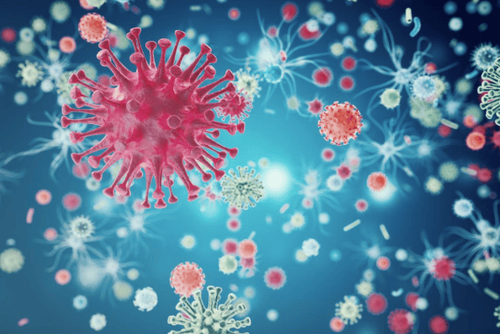
2. Asymptomatic stage
At this stage, people living with HIV may not have any symptoms. At this time, white blood cells are only destroyed in a small and insignificant number. But in reality, the HIV virus continues to thrive. On the surface, no one can know that the patient has been infected with HIV, not even the patient himself (if he has not had a blood test). For people who are not taking HIV medications, this phase can last 10 years or longer, but the disease progresses more quickly. People who detect and use the right medicine every day can delay the progress of the disease at this stage for decades because the drug can stop the virus from attacking the body.HIV can still be transmitted to others during this stage even if they have no symptoms. And even when the HIV virus in a person is being suppressed with medication, transmission can still happen, but the chance is lower than in people who don't.
In the next stages, the number of viruses increases, attacks and destroys the cells of the strong immune system and weakens the body.
3. Stage with mild symptoms
Patients may experience symptoms such as: Light weight loss; mouth sores; itchy papule rash; herpes zoster infection ; recurrent upper respiratory tract infections, eg sinusitis or recurrent ear infections. This is also known as the near-AIDS stage.
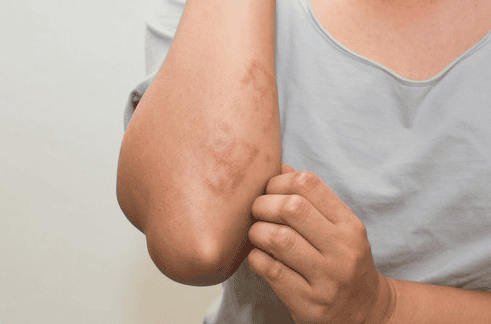
4. Severe advanced stage
This stage is also known as AIDS . This is the final stage of HIV infection and also the inevitable tragic end for the sick. The clinical manifestations of AIDS are disorders associated with a weakened immune system.
The patient begins to develop lymphadenopathy throughout the body accompanied by fever. Along with that, diarrhea lasted for more than a month, and a strong weight loss (about 10% of body weight). Because the body loses its protective barrier, any bacteria or virus can easily attack and cause disease.
At this stage, the immune system is almost completely destroyed, the patient easily dies from opportunistic infections such as meningitis, pneumonia, enteritis or lymphoma,... This stage usually lasts a long time. with a duration of not more than 2 years, there are some drugs used but only help prolong life for a short time, can not completely cure the disease.
When the disease gets worse, the patient's body is left with only "skin and bone" due to strong weight loss, oral thrush, lung tumor growing continuously,... Musculoskeletal diseases or mouth ulcers, mouth necrosis very quickly.
In the later stages, the chance of survival will be lower, the body will be weak, emaciated, lifeless, and the probability of death is high.
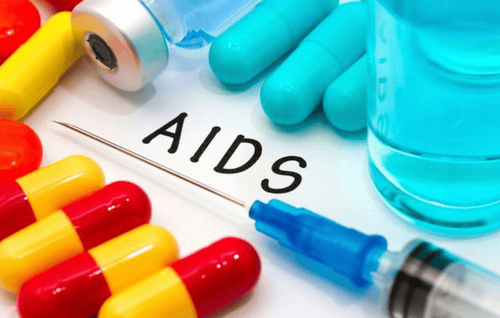
5. When should HIV be tested?
Have anal or vaginal sex without a condom with someone other than your spouse. Having unprotected sex (that is, not using a condom or using a condom incorrectly) with someone who injects drugs or with people who have sex with many others. Injecting drugs or sharing needles with others. Currently, at Vinmec Health system, a screening package for social diseases is applied to provide the opportunity to detect social diseases early for timely treatment.
Please dial HOTLINE for more information or register for an appointment HERE. Download MyVinmec app to make appointments faster and to manage your bookings easily.
Article compiled from the source: World Health Organization WHO




